Last updated on April 18th, 2023 at 10:28 am
Real food is at the very core of what I do and teach. Above all, real food is timeless, nurturing, nourishing, and enjoyable. Even more, real food is a slow-simmered pot of broth, a soul-warming beef stew, homemade fermentation, and recipes passed down. For this reason, I will show how to incorporate a whole food diet into your everyday life – fuss free.
In reality, a whole food diet examines the connections between how food is produced and properly prepared and how it nurtures and nourishes our body deeply and profoundly. Basically, real food is whole food – minimally processed and straight from mother nature. For example, it comes from the garden, the wild, a local farm, or even the farmer’s market. So long as the artisans produce amazing products like sourdough loaves, farmstead jams, and other nurturing foods.
But more than anything, the real food approach celebrates the art and pleasure of cooking, showing up for yourself, and nourishing your body with whole foods from scratch.
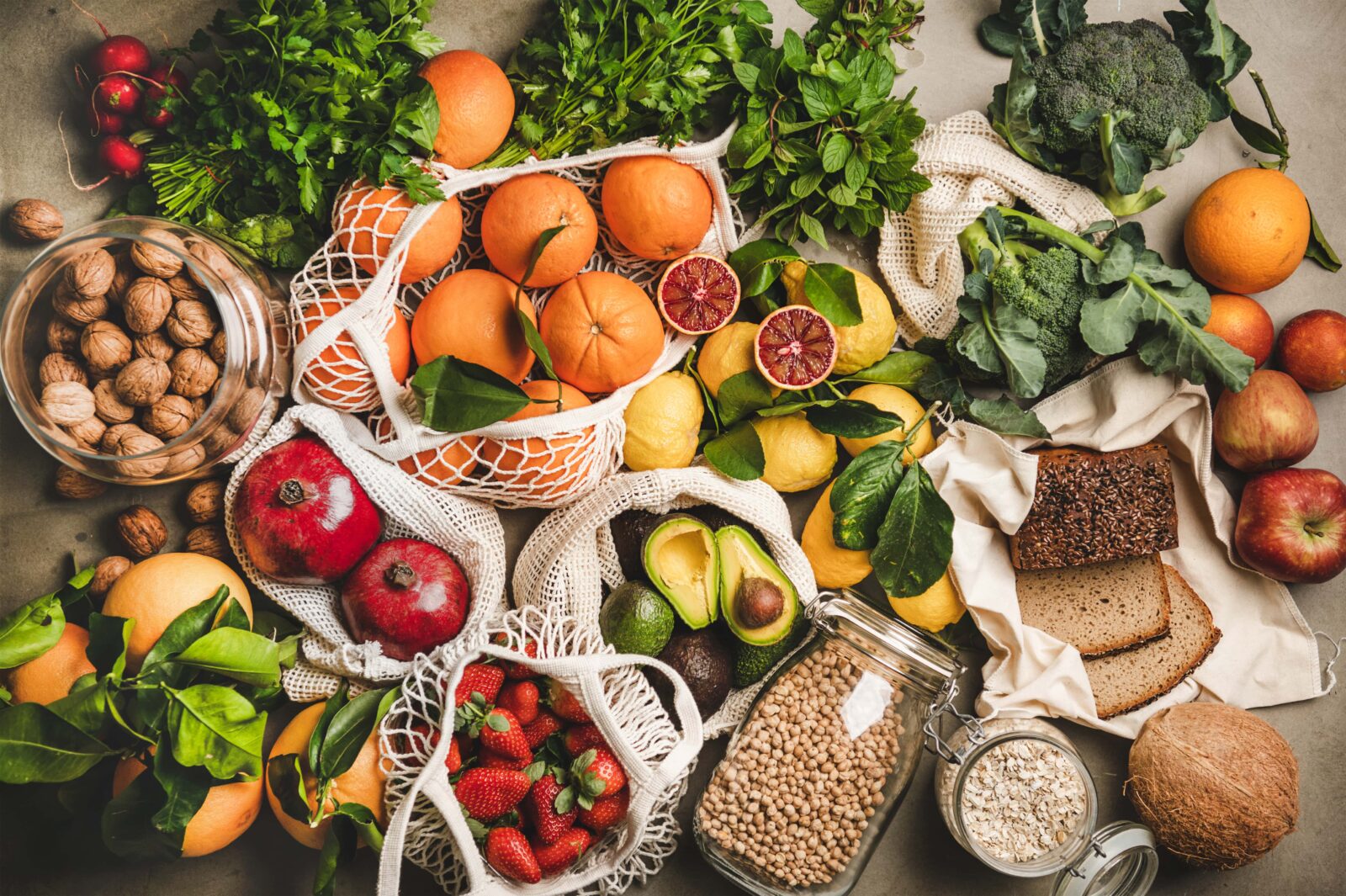
So, what is a whole food diet?
The most straightforward explanation – real food is traditionally prepared, whole, minimally processed foods. Firstly, they are free from additives (artificial preservatives, flavors, and colors.) Secondly, real food is particularly rich in minerals, vitamins, and various naturally occurring gorgeous phytonutrients. Lastly, real food is sustainably produced and prepared in ways that boost its nutritional value.
Plant foods:
- Vegetables in raw salads, gently cooked in side dishes or the main course, and fermented.
- Fruits are enjoyed fresh or raw, cooked, steamed, dried, or sometimes fermented.
- Herbs, spices, and unprocessed sea salt are used fresh or dried and added to salads, stews, soups, and roasted meats and vegetables.
- Unprocessed/minimally processed sweeteners include raw honey, pure maple syrup, coconut sugar, maple sugar molasses, and unrefined cane sugar.
- Whole grains are properly prepared (soaked, sprouted, or fermented) and served in salads, side dishes, warm porridge, or freshly milled for baking.
- Pulses or legumes include lentils, dry beans, and split peas, soaked or sprouted and stirred into comforting soups and stews.
- Traditional and unrefined cooking oils like olive, coconut, and sustainability harvested palm oil.
Animal foods
- Full-fat dairy products enjoyed cultured or raw dairy.
- Eggs preferably from happy hens raised on pasture. For instance, eggs can be gently cooked, poached, fried, scrambled, baked in a quiche, or even served raw in a smoothie or homemade mayonnaise.
- Meats from happy and healthy animals that were humanely raised on pasture. Generally, meats are prepared by grilling, stewing, or slow-roasting.
- Organ meats from happy and healthy animals that were humanely raised on pasture. Furthermore, organ meats are incredibly nutrient-dense and can be used in various recipes.
- Fish and shellfish are caught sustainably in the wild. For example, oysters, clams, sardines, mussels, salmon, etc.
- Traditional and unrefined cooking fats include tallow, lard, butter, ghee, schmaltz, and suet for happy and healthy animals raised on the pasture.
Real food is beautifully balanced
Overall, a whole food diet includes a variety of foods from plants like strawberries, spinach, cucumber, broccoli, lentils, and coconut oil, as well as foods from animals like eggs, broths (beef or chicken), meat, raw dairy, and fish. Both types (or categories of foods) provide essential nutrients. Without a doubt, some nutrients are only found in plant foods, while others are only found in animal foods. Therefore, balancing plant and animal foods in a nonrestrictive and inclusive approach is crucial. This type of eating supports true health, happiness, and balance.
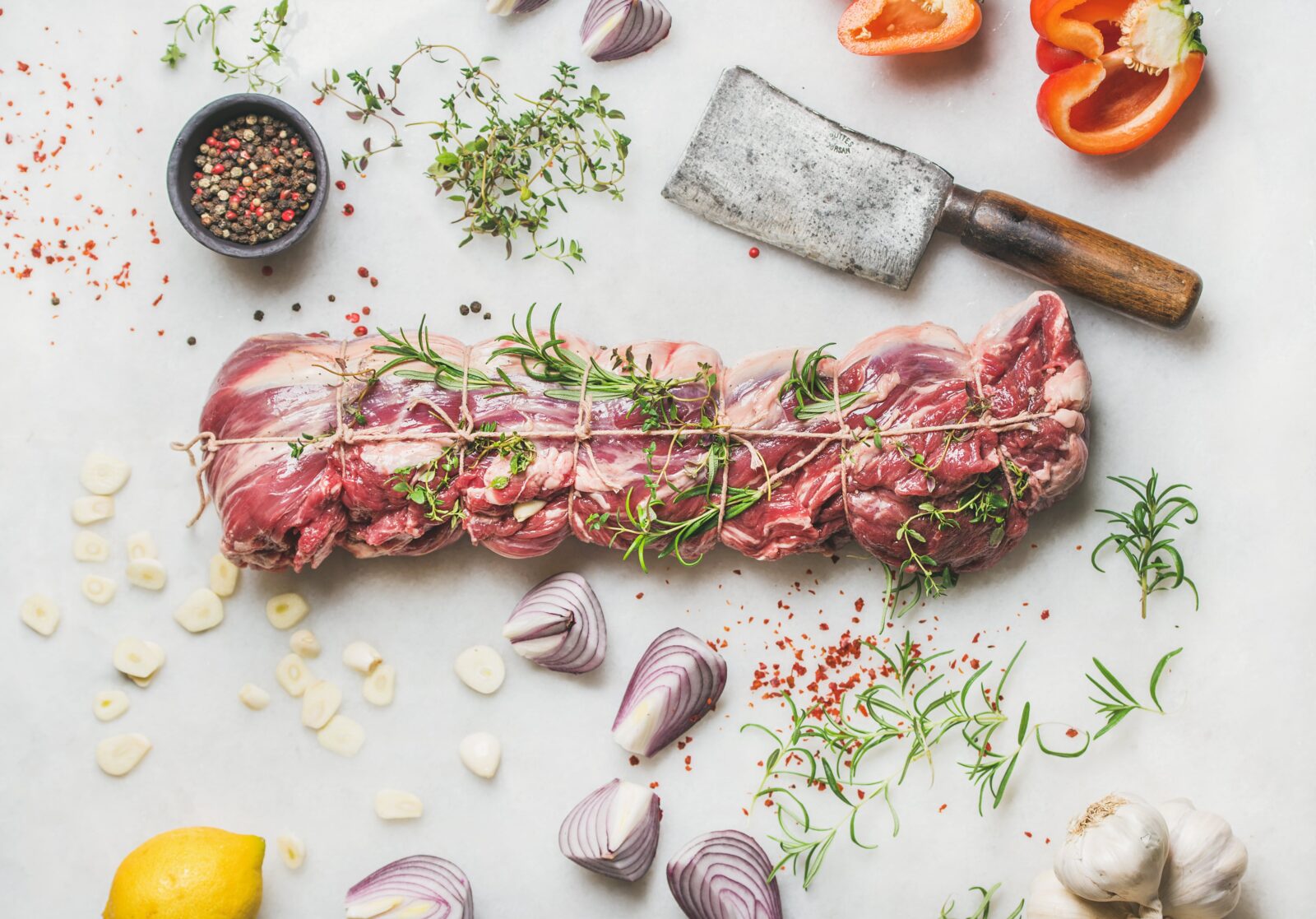
Simple ways to get started with real food
1. Visit a farmer’s market
This will help you fill your fridge (and maybe your freezer) with vibrant, colorful, in-season fruits and vegetables and pastured meats. Find a Farmer’s Market in your area here.
2. Get some grass-fed meats
Generally, it is best to get meats from a local farm or rancher, but you can always order grass-fed meats online if there isn’t anyone in your area. Find ranchers or farmers for meat in your area here.
3. Try simmering some homemade bone broth
This is one of my favorite things to do and is so straightforward. Bone broth (beef or chicken) is rich in gelatin and contains small amounts of minerals. It is deeply nurturing, delicious, and an excellent addition to any home kitchen.
4. Try some raw or cultured dairy
Raw milk is a nutrient-dense addition to any home kitchen. Furthermore, it is rich in wholesome fats, minerals, vitamin A, friendly microbes, and other nutrients. Raw milk made into cultured yogurt or kefir is also a fantastic addition to daily meals. Find raw dairy farms in your area here or here.
5. Try your hand at making fermented vegetables
Fermented vegetables are fun, simple to make, not to mention great sources of beneficial bacteria and B vitamins. Think sauerkraut, kimchi, beet kvass, etc.
6. Start properly preparing your whole grains
Setting the intention and taking the time to properly prepare (soak, sprout, or ferment) whole grains makes them easier on the gut for digestion and also makes the nutrients more bio-available. It is a simple but profound step.
7. Join this growing community
Get tips, nutrition education, recipes, encouragement, and the occasional discount in your inbox!
I am so overjoyed that you are here – cheers to good food, health, happiness, and balance!
For pantry staples at discounted prices, check out Thrive Market and save 40% off your first order!
*****
For quality, grass-fed, and pastured raised meats, check out Butcher Box and save $50 on your first box!
*****
To order bulk organic and sustainably harvested herbs and spices, visit Mountain Rose Herbs!
*****
Use code “NURTUREMEWILD” at checkout to save 15% off your first order at Crucial Four!
*****
Use code “NURTUREMEWILD” at checkout to save 15% off your first order at Beekeeper’s Naturals!

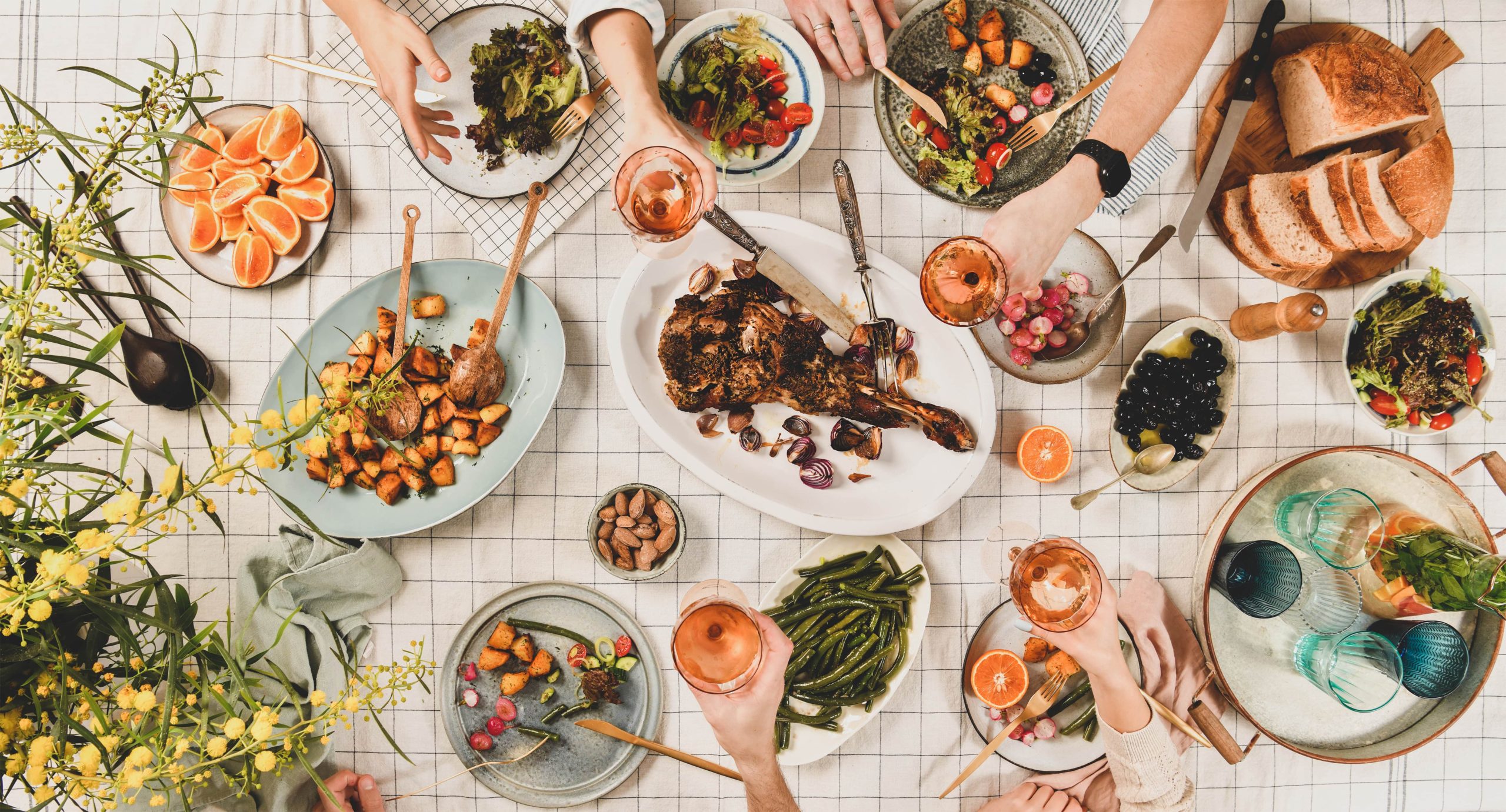

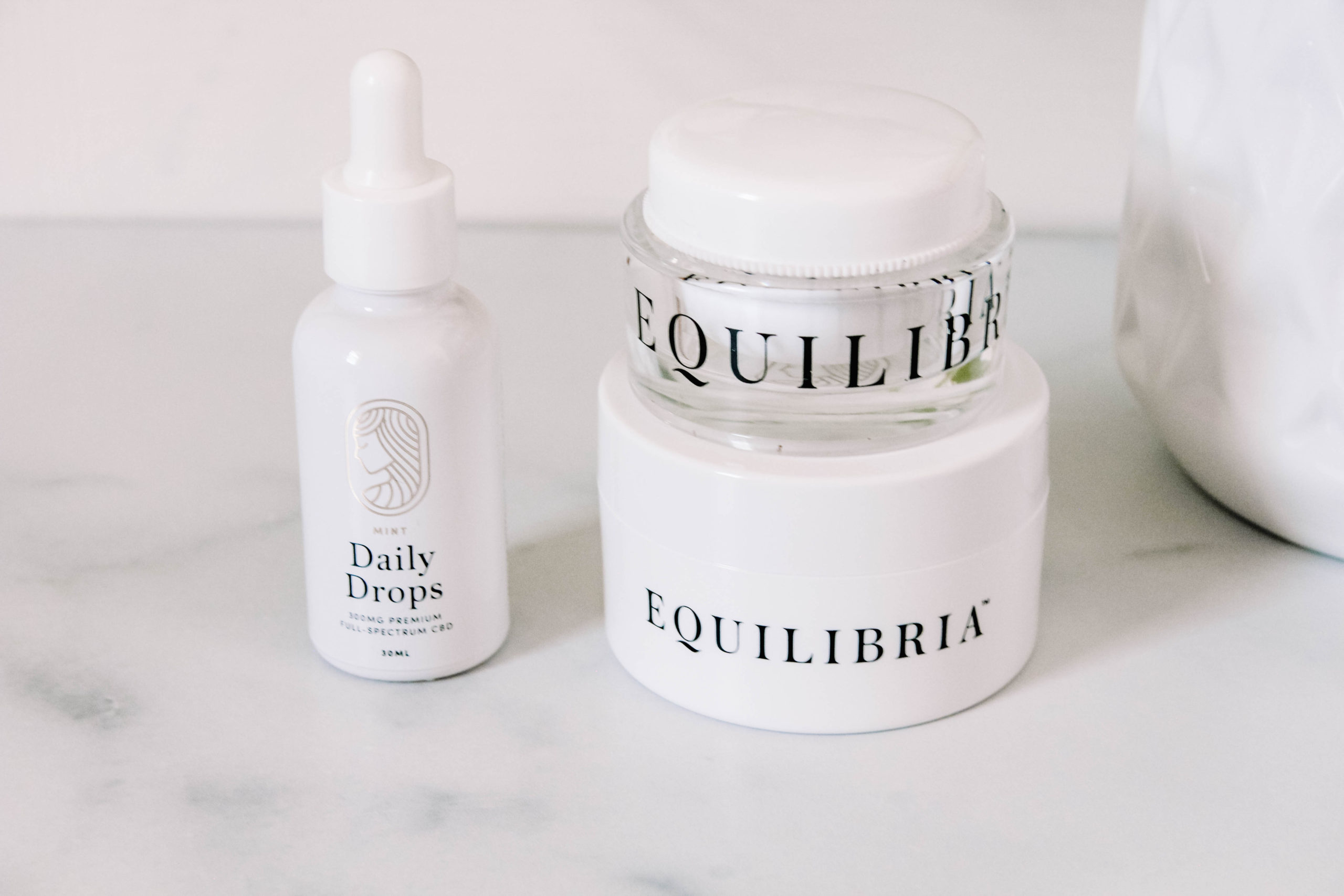
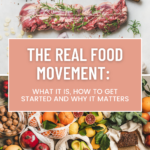
+ view comments